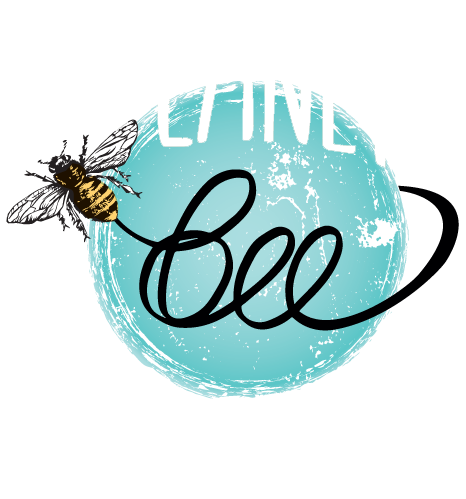Why We Teach About Bees
- Debra Tomaszewski
- Jun 6, 2024
- 2 min read
Updated: Jun 6, 2024
In a world filled with myriad environmental concerns, one small but mighty creature has captured the attention of educators and conservationists—the humble bee. Through their vital role as pollinators, bees play a crucial role in sustaining ecosystems and supporting global food security. Recognizing the importance of bees in the natural world, we have made it our mission to educate and empower the next generation about these remarkable pollinators. In this blog, we delve into why we teach about bees and the impact of our programs.

Promote Environmental Awareness
At the heart of our mission is a resounding commitment to fostering environmental literacy and stewardship. By teaching about bees, we teach about the importance of bees and the intricate connections between pollinators, plants, and ecosystems. Through hands-on learning STEM lessons, students gain a deeper understanding of the vital role that bees play in maintaining biodiversity and ecosystem health.
Empower Conservation Action
Education is a powerful catalyst for change, inspiring individuals to become advocates for conservation and sustainability. By equipping students with knowledge about bees and their habitats, we empower young people to take action to protect pollinators and their environments. Whether through providing seed balls to schools to plant as food, providing community science projects to protect native bees, school community garden programs, and STEM lessons,, students are empowered to become stewards of the natural world.
Cultivate STEM Skills

The study of bees provides a rich interdisciplinary learning experience that weaves together science, technology, engineering, and mathematics (STEM). Through hands-on lessons and data collection, students develop an engineering mindset, critical thinking, observation, and problem-solving skills. By engaging with real-world scientific concepts and practices, students are inspired to pursue careers in STEM fields and become future leaders in conservation and environmental science.
Nurture Empathy and Connection
Bees have long captured the imagination of humans with their intricate societies, complex communication systems, and remarkable behaviors. By learning about bees, students develop a sense of empathy and connection with these fascinating creatures and the natural world as a whole. As students learn more about these incredible creatures, they develop a deeper appreciation for the interconnectedness of all living beings and the importance of conservation.
Inspire Hope for the Future
In a world grappling with environmental challenges such as habitat loss, climate change, and biodiversity decline, our work offers tangible activities that promote conservation - and hope. By educating and inspiring the next generation of environmental stewards, we are sowing the seeds for a more sustainable and resilient future. Through these efforts, students are empowered to make positive changes in their communities and become catalysts for global conservation action.


